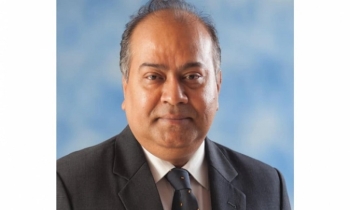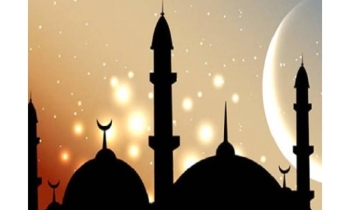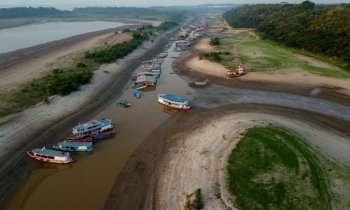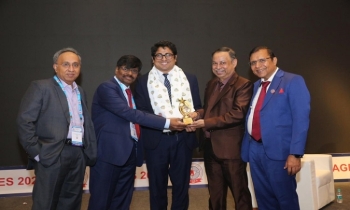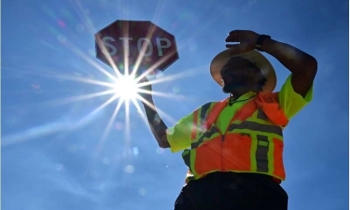It’s shared responsibility to ensure Rohingya isn’t a forgotten crisis: UN
UNB || BusinessInsider
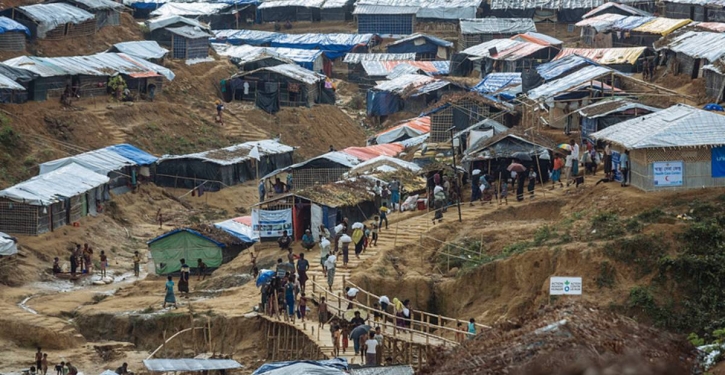
File photo
UN Resident Coordinator in Bangladesh Mia Seppo on Sunday said it is a “shared responsibility” of the international community to make sure that the Rohingya crisis is not a forgotten one as the world faces more crises.
“Making sure that the Rohingya crisis doesn’t become a forgotten crisis is a shared responsibility. Obviously, the government of Bangladesh through its foreign policy is doing a lot to make sure that the crisis is not forgotten,” said the UN official while responding to questions at an event titled “DCAB Talk.”
She recognised that Bangladesh has played a critical role in a “defining tragedy” of their time despite challenges of its own and mentioned that they are at the final stage to begin its operations at Bhasan Char to support the Rohingyas and the massive efforts of the government of Bangladesh.
The Diplomatic Correspondents Association, Bangladesh (DCAB) arranged the DCAB Talk at the Foreign Service Academy. DCAB President Pantho Rahaman and its General Secretary AKM Moinuddin also spoke.
Recognising Bangladesh’s massive investment in Bhasan Char, Mia said there has been, rather, lot of negative coverage about Bhasan Char and it is important that they have somehow managed to move away from that.
She said they want to be partners in trying to create something so that everybody can live and the conversation that they are having now is important.
Regarding the proposed Memorandum of Understanding (MoU) to engage in Bhasan Char, Mia said there are protections and humanitarian imperatives and they are obviously looking to support the massive efforts of the government in Bhasan Char.
“We’re also looking to really work with those Bangladeshi NGOs who are already in Bhasan Char and providing services,” she said, indicating that they will be joining this partnership as soon as they have agreed on the MoU.
indicated that this will be a little bit different from their role in Cox’s Bazar as what she says the history of these two is a bit different.
Responding to a question on the World Bank and the Refugee Policy Review, the UN official said that is a bit of “misunderstanding” and noted that it is not about integration but social cohesion. “You have to distinguish the global policy and the Bangladesh policy.”
The World Bank says it is helping Bangladesh address the needs of the displaced Rohingya population until their safe and voluntary return to Myanmar. It is also supporting Bangladesh to minimise the impact of the influx on the host communities.
“The World Bank has a funding window for refugees and it’s a global window,” said the UN Resident Coordinator in Bangladesh, adding that the government of Bangladesh is very clear about its policy in terms of how to manage this crisis.
Mia said Bangladesh, the international community and the Rohingyas have a common vision and the solution to the Rohingya crisis lies with Myanmar.
The most viable and durable solution is the voluntary repatriation of the refugees in safety, dignity and in a sustainable manner, she said.
The UN official said the host communities who have borne the brunt of the influx are being supported significantly through development and humanitarian mechanisms. “This will continue in the years ahead but we recognise even more is needed.”
Globally, she said, efforts continue to strengthen diplomatic efforts to restore stability in Myanmar and the UNSG’s Special Envoy continues to seek national consultations to find resolution to the crisis. “However, the situation is even more complex after February 1, 2021 (military coup).”
Four years ago, Myanmar’s military launched a horrific “ethnic cleansing” against Rohingya in northern Rakhine State. The brutality of the military’s atrocities on that day shocked the conscience of the international community.
Bangladesh had handed over a list of 840,000 Rohingyas to Myanmar for verification but the verification process by the Myanmar side was very slow, Dhaka says.
Repatriation attempt failed twice in November 2018 and August 2019 amid Rohingyas’ lack of trust in the Myanmar government.
Bangladesh and Myanmar signed the repatriation deal on November 23, 2017. On January 16, 2018, Bangladesh and Myanmar signed a document on ‘Physical Arrangement’, which was supposed to facilitate the return of Rohingyas to their homeland.

